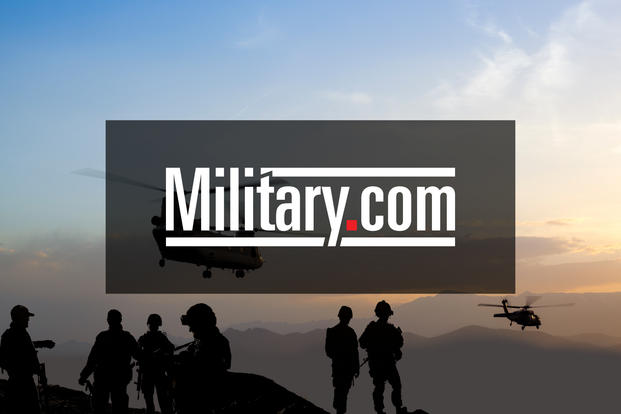Army Lt. Gen. H.R. McMaster, the White House National Security Adviser, said Friday that the Trump administration was actively considering "military action" against Venezuela but none was planned "in the near future."
At a White House briefing with Treasury Secretary Steve Mnuchin, McMaster said the U.S. military was looking at a variety of contingency plans for Venezuela that could be acted upon with regional partners.
"Obviously, all our decisions would be made in conjunction with our partners in the region," McMaster said, but "no military actions are anticipated in the near future."
He said that the Pentagon and the White House national security team "always look at a broad range of contingencies and how this might evolve in the future" for presenting plans for action to President Donald Trump.
In condemning the violence and political repression in Venezuela earlier this month, Trump said that the U.S. has "many options for Venezuela, including a possible military option if necessary."
"We have troops all over the world in places that are very far away. Venezuela is not very far away and the people are suffering and they're dying," Trump said. The White House has since called the government of Venezuelan President Nicolas Maduro a "dictatorship."
Venezuelan Defense Minister Vladimir Padrino responded by calling Trump's remarks "an act of craziness" and "supreme extremism."
It was not immediately clear which "partners" in the region McMaster was referring to when he talked of the possibility of military action.
Latin American countries traditionally oppose U.S. interventions, and that message was delivered by Colombian President Juan Manuel Santos to Vice President Mike Pence on Aug. 14 during Pence's trip that took him from Argentina to Panama.
At a joint press conference with Pence in Cartagena, Santos said that Latin American leaders were united in opposing any military action by the U.S. despite their differences with the Maduro government.
He said Colombia and other Latin American nations support economic sanctions against Venezuela, and "we will support additional measures," but "we always look for a negotiated solution and, above all, a peaceful solution." He said that South America was a "land of peace. Let us preserve it as such."
At the White House briefing Friday, Mnuchin said the U.S. was taking action to restrict the Venezuelan government's access to the U.S. financial system and squeeze the oil-based economy, but was stopping short of imposing a full oil embargo. New sanctions dealing with Venezuela's access to credit were effective immediately, he said.
Trump signed an executive order that bars dealings in new bonds and stocks issued by the government and the state oil company, Petróleos de Venezuela (PDVSA), the parent of Citgo.
Banks also cannot engage in new lending with the government or the oil giant, Mnuchin said.
"These measures are carefully calibrated to deny the Maduro dictatorship a critical source of financing to maintain its illegitimate rule," a White House statement said.
"Maduro may no longer take advantage of the American financial system to facilitate the wholesale looting of the Venezuelan economy at the expense of the Venezuelan people," Mnuchin said.
-- Richard Sisk can be reached at Richard.Sisk@Military.com.




























